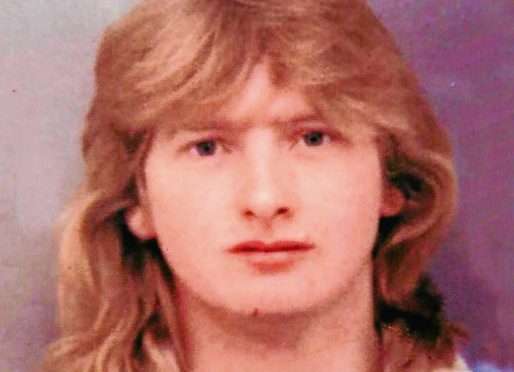The Scottish Government has rejected a grieving family’s appeal for a fresh investigation into the “mysterious” death of their teenage son and brother.
Neil Riddel’s loved ones have been fighting for a new inquiry into his death for decades – and recently brought their campaign to First Minister, Nicola Sturgeon, in a last-ditch bid for answers.
His parents, Margaret and Ian, and brother, also Ian, claim that police have “covered up” how the 19-year-old died in 1991.
They dispute the official verdict of suicide by overdose, and believe that he died in police custody.
Moray MP, Douglas Ross, has taken on their crusade and wrote to Ms Sturgeon after failing to convince the police and the Crown Office to reopen the case.
However, the Conservative politician has been left frustrated after the government’s Minister for Community Safety and Legal Affairs, Annabelle Ewing, knocked back the request.
She told him that Holyrood “has no role to play in the investigation of crime” and was “not considering a public inquiry”.
Ms Ewing added that she “understood the desire of the family”, and “regretted that they feel the justice system has not given them the answers they need”.
Yesterday, Mr Ross said he was “bitterly disappointed” that the Riddel family had suffered yet another setback.
He said: “Only when the Scottish Government, and the legal system, respond to their concerns can the Riddel family finally rest in the knowledge that they have got all the information surrounding the death of their son and brother.
“They still do not have closure on this.”
Neil Riddel’s body was found in a field near the family home at Aultmore, near Keith, in March 1991.
Anti-depressants were discovered with his body, and his death was ruled as a suicide.
But his family believe he died in a Keith police cell, weeks after lodging a complaint about being assaulted by officers.
Despite subsequent inquiries concluding that Mr Riddel took his own life, his family remain determined to secure a fresh investigation.
They say that Keith police officers who Mr Riddel had complained about should have played no role in the original probe.
The police have stressed that several subsequent inquiries into Mr Riddel’s death have supported the original version of events.
